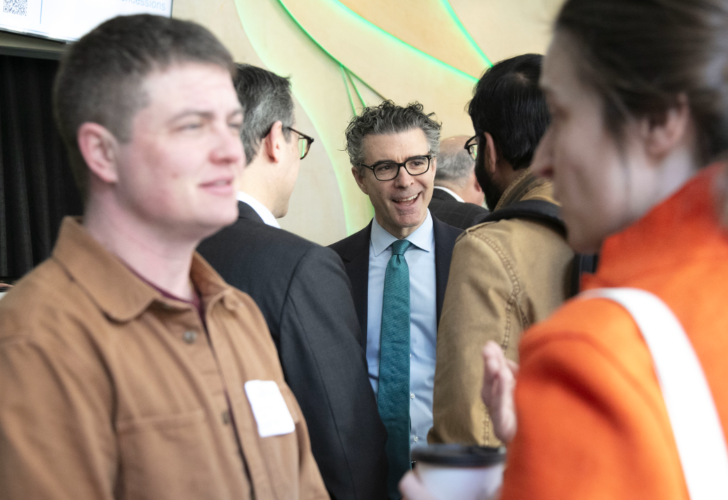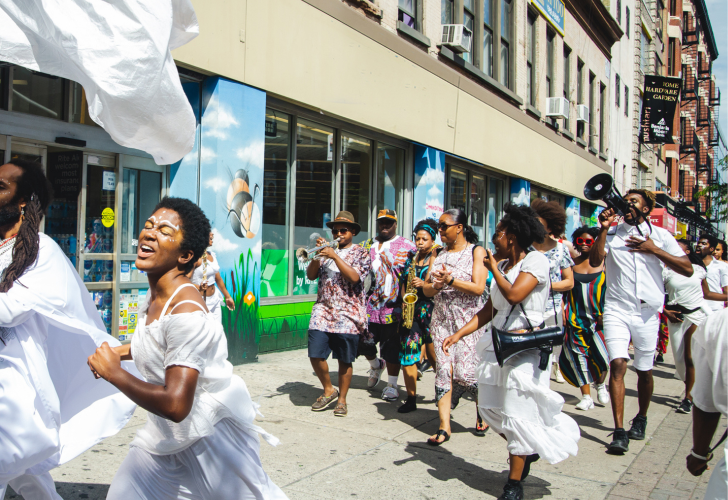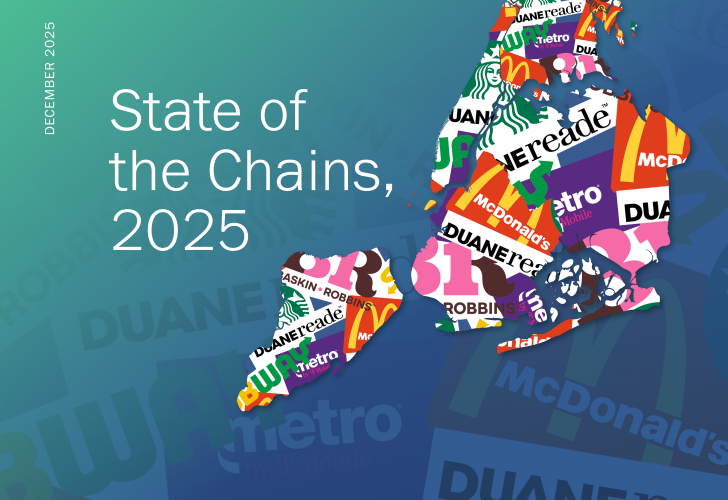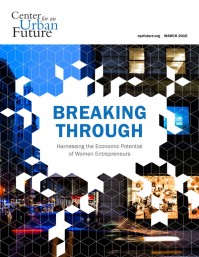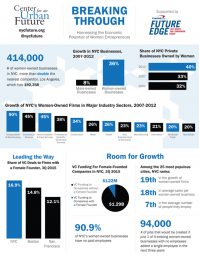Report - March 2016
Breaking ThroughWomen entrepreneurs of all ages, races and ethnicities are having an increasingly large impact on New York City’s economy. But even as the number of female-owned firms is soaring in every borough, the city has only begun to harness the full potential of women entrepreneurs.
Data - March 2016
Women-Owned Businesses in the Nation’s 25 Largest CitiesThis index provides data on women-owned businesses in each of the nation’s 25 largest cities, including the overall number of women-owned firms, the growth rate for women-owned businesses and male-owned businesses, and average revenues per women-owned business.
Data - March 2016
Data from Breaking ThroughCharts and tables from our 2016 Breaking Through study. The report found that though women entrepreneurs of all ages, races and ethnicities are having an increasingly large impact on New York City’s economy, the city has only begun to harness the full potential of women entrepreneurs.
Testimony - March 2016
3 Ways to Support NYC’s Aging ImmigrantsIn this testimony before NYC Council’s Committee on Aging, CUF’s Christian González-Rivera presents three recommendations from our New Face of New York's Seniors report that the city should prioritize this budget cycle.
Commentary/Op-Ed - February 2016
Catapulting New Yorkers into the Middle Class, ASAPIn this City & State op-ed, CUF senior researcher Tom Hilliard argues that the upcoming expansion of CUNY ASAP to cover all students at Bronx Community College presents an opportunity to catapult thousands of New Yorkers into the middle class each year – but only if state and city policymakers commit to more fully supporting ASAP.
Commentary/Op-Ed - February 2016
The City’s Next Steps to Ensure Vibrant, Creative CommunitiesThe city’s new Building Community Capacity initiative aims to fortify small and midsized art organizations in communities outside of Manhattan. In this Gotham Gazette op-ed, CUF Senior Researcher Adam Forman shares several ideas for making the initiative a success – helping strengthen cultural organizations in the midst of neighborhood change.


